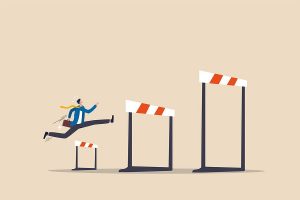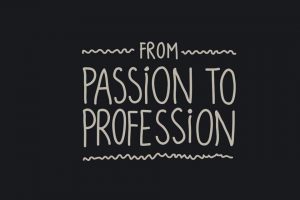In today’s dynamic professional landscape, ambition fuels us. It’s the driving force behind late-night work sessions, relentless pursuit of perfection, and the insatiable hunger for recognition and success. However, just as a vehicle needs fuel to move forward, it also requires periodic maintenance to run smoothly. Our minds and bodies are no different.
The origin of work-related stress often varies, with some individuals feeling the weight of unrealistic expectations, while others grapple with a lack of control over their job roles. Interpersonal conflicts at the workplace further add to the complexity of this issue. The manifestations of this stress, unfortunately, are universally harmful. Chronic exposure to such stressors can pave the way for serious health repercussions, ranging from heart ailments to mental health disorders like depression. Furthermore, a weakened immune response makes one susceptible to a host of other illnesses.
But what makes recognizing work stress challenging is its insidious nature. It doesn’t always announce its presence with pronounced symptoms. Instead, it gradually builds up, subtly affecting one’s performance, mood, and overall well-being. This is where the importance of understanding the early signs of burnout comes into play. Constant fatigue, a noticeable dip in job performance, increasing levels of cynicism, and a feeling of detachment from one’s job are alarm bells that shouldn’t be ignored.
In the race to achieve our professional goals, it’s crucial to establish a clear boundary between work and personal time. This not just ensures that one has adequate time to unwind and relax but also helps in mentally distancing oneself from the pressures of the job. In a world that’s constantly connected, disconnecting might seem challenging but is essential for mental well-being. Additionally, the art of prioritizing tasks plays a pivotal role in stress management. By understanding which tasks require immediate attention and which can wait, one can significantly reduce the feeling of being overwhelmed.
Regular feedback, both self and from peers or superiors, can be a game-changer. It offers clarity, helps in realigning objectives, and gives a realistic picture of where one stands, thus eliminating the uncertainty that often contributes to stress. Furthermore, humans are social beings. Our interactions and connections play a crucial role in our mental health. Having a supportive network to share concerns, seek advice, or simply vent can be therapeutic. In instances where stress begins taking a toll on one’s mental health, seeking professional help can make a world of difference. Therapists and counselors are trained to offer coping mechanisms tailored for individual needs.
In conclusion, ambition is a double-edged sword. While it propels us forward, it can also drag us down if not balanced with mindfulness. As we navigate the challenging waters of our professional lives, it’s imperative to remember that our well-being is not a luxury but a necessity. Every accolade and achievement loses its sheen if it comes at the cost of our health and happiness. By recognizing the signs of work stress early on and equipping ourselves with the tools to manage it, we can ensure that our journey to success is both rewarding and fulfilling.
















Add Comment